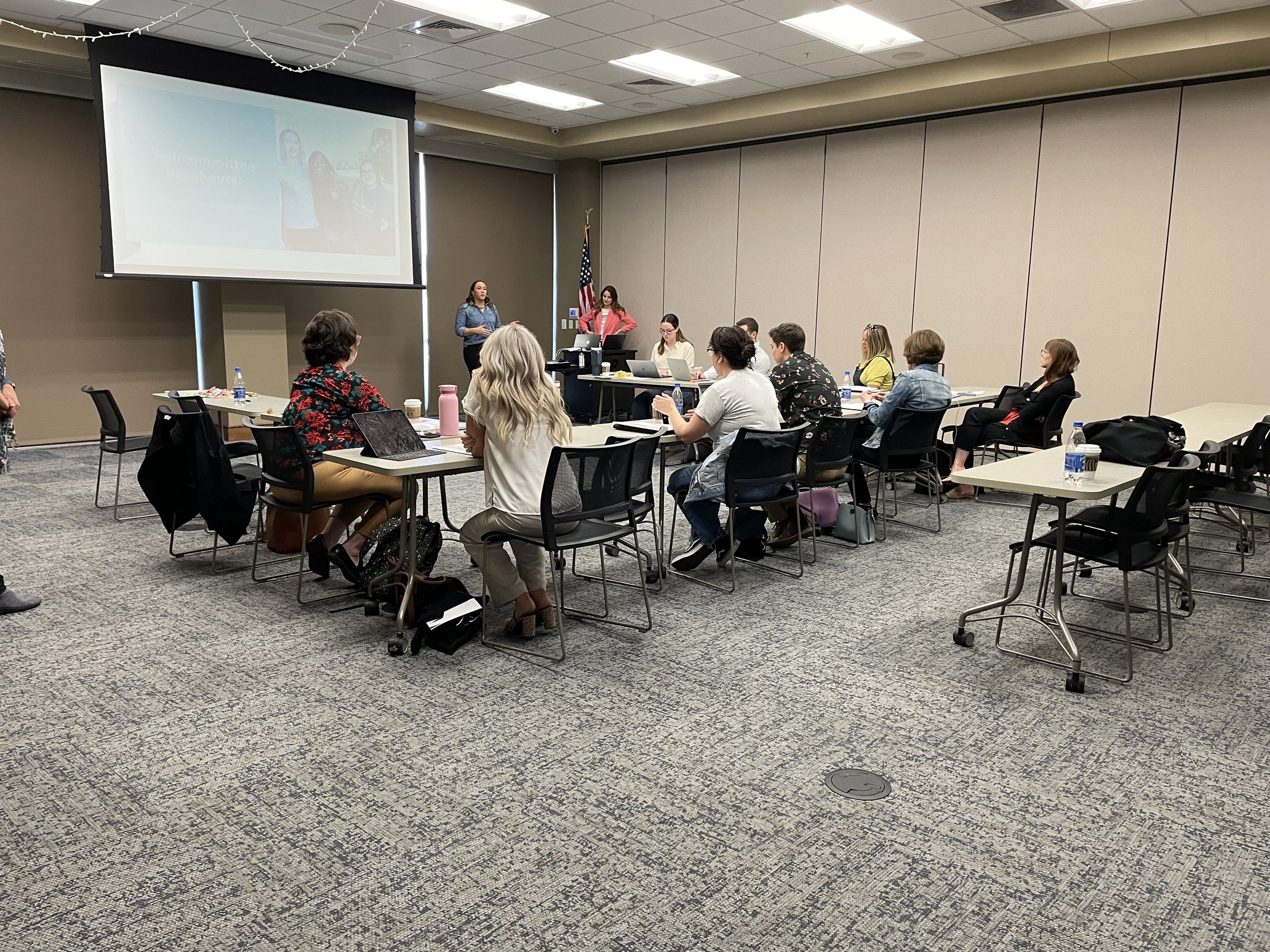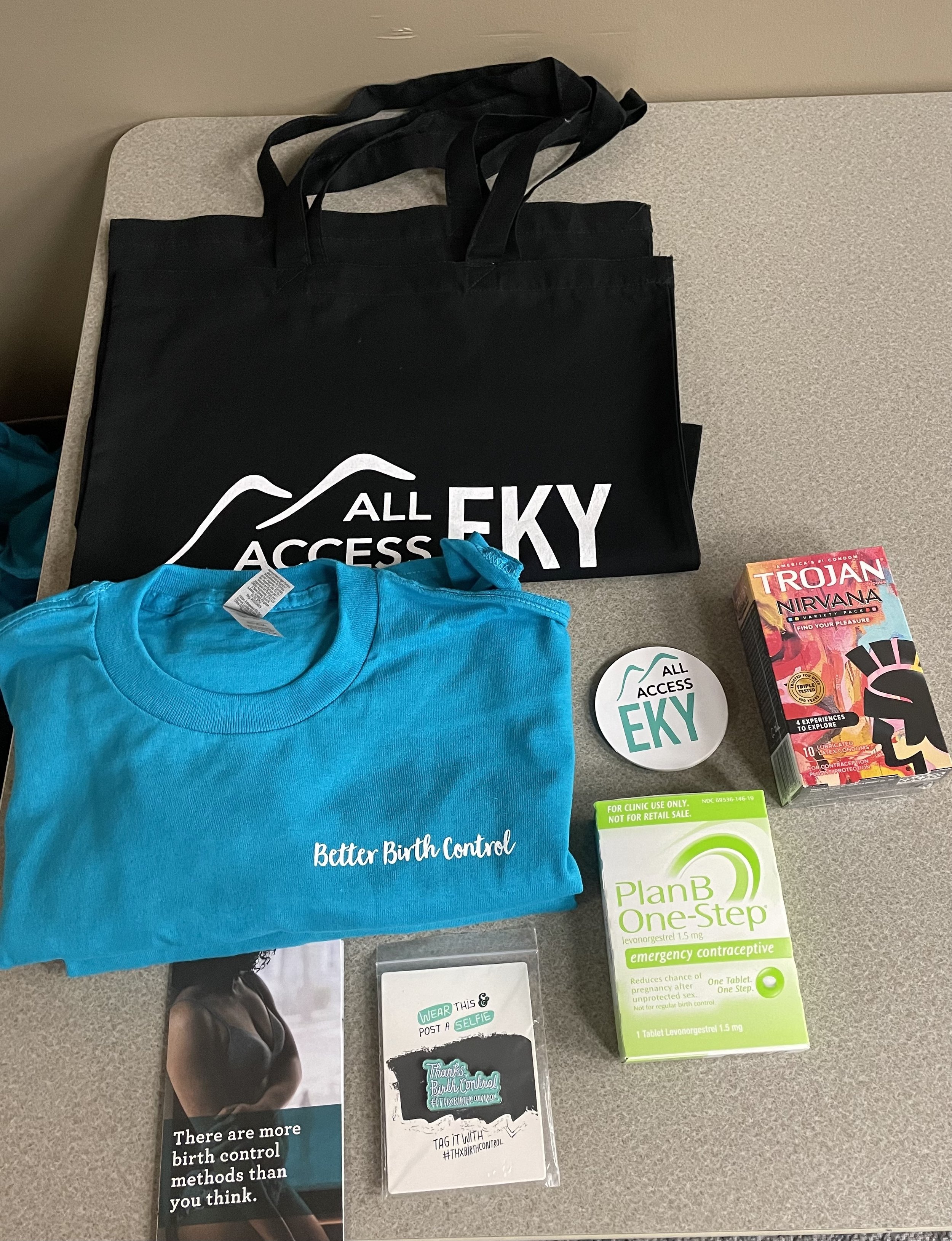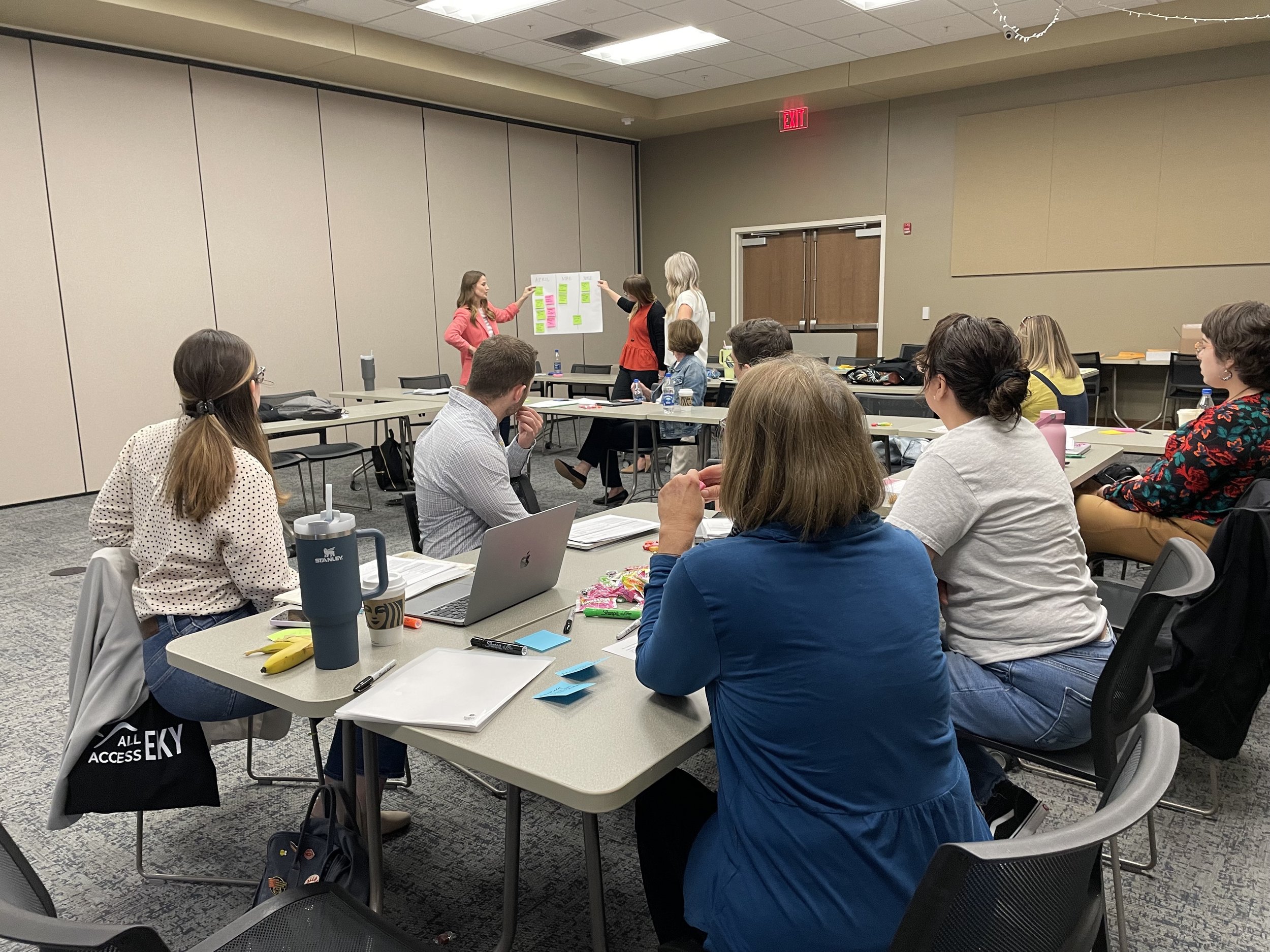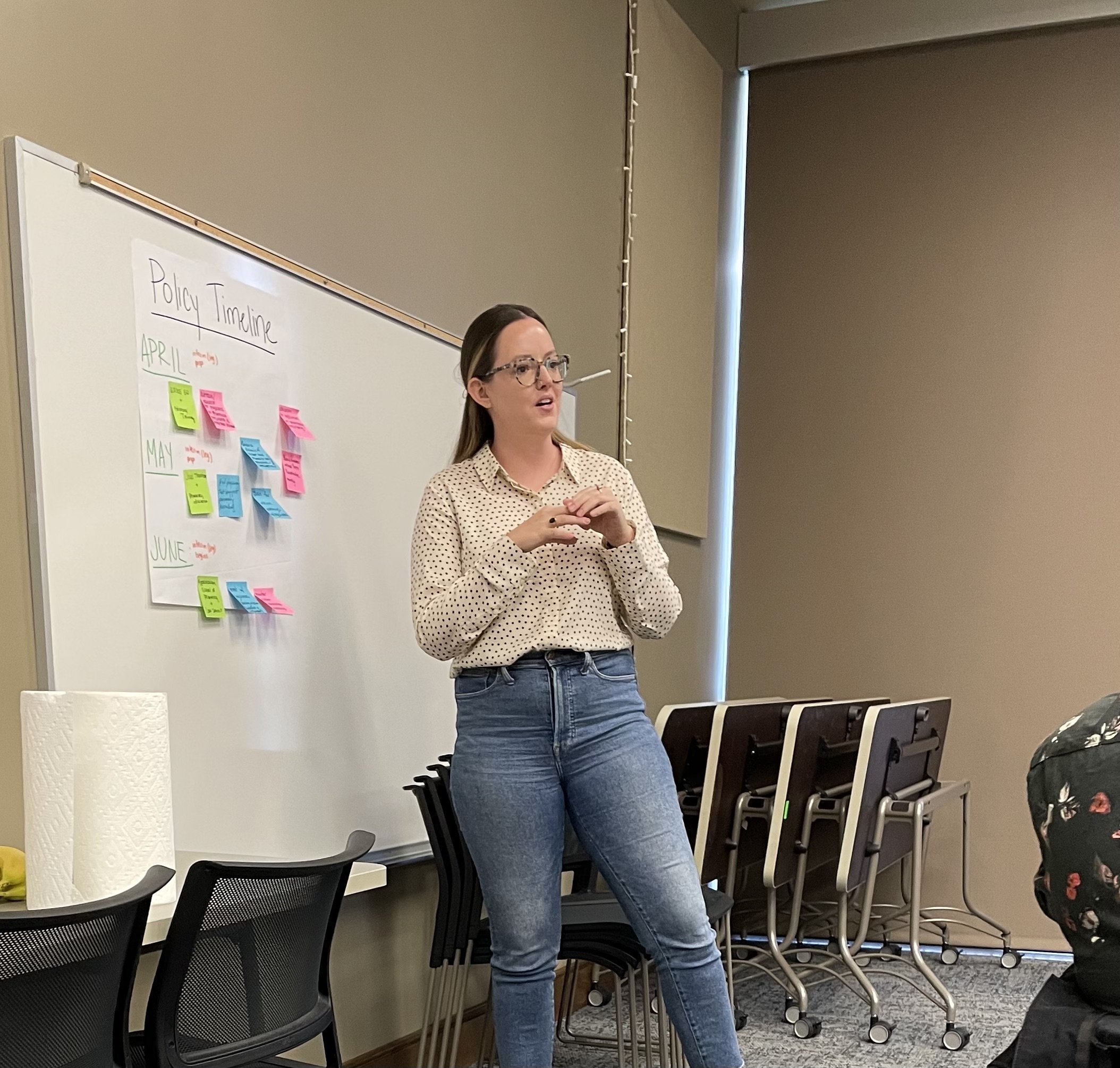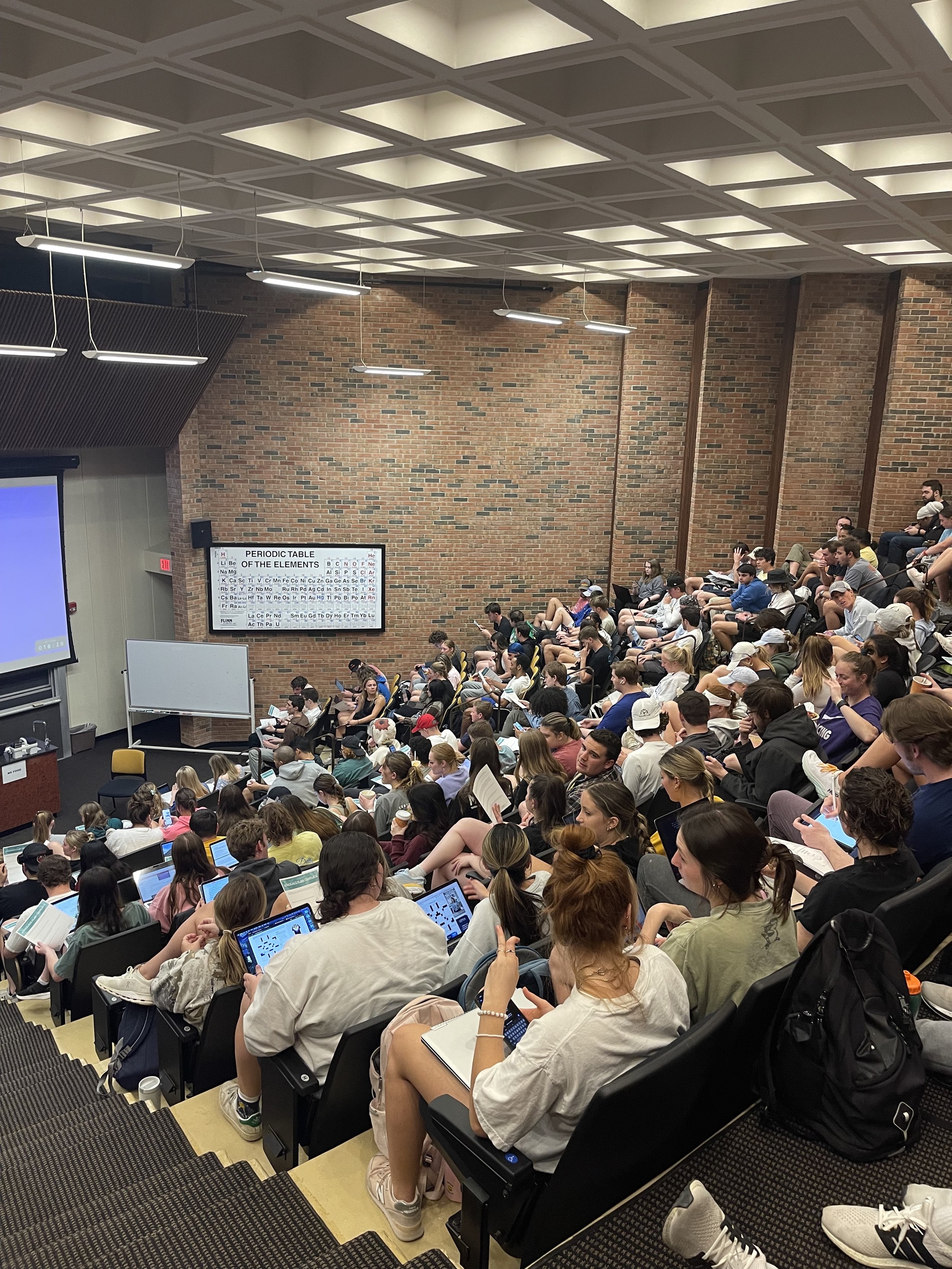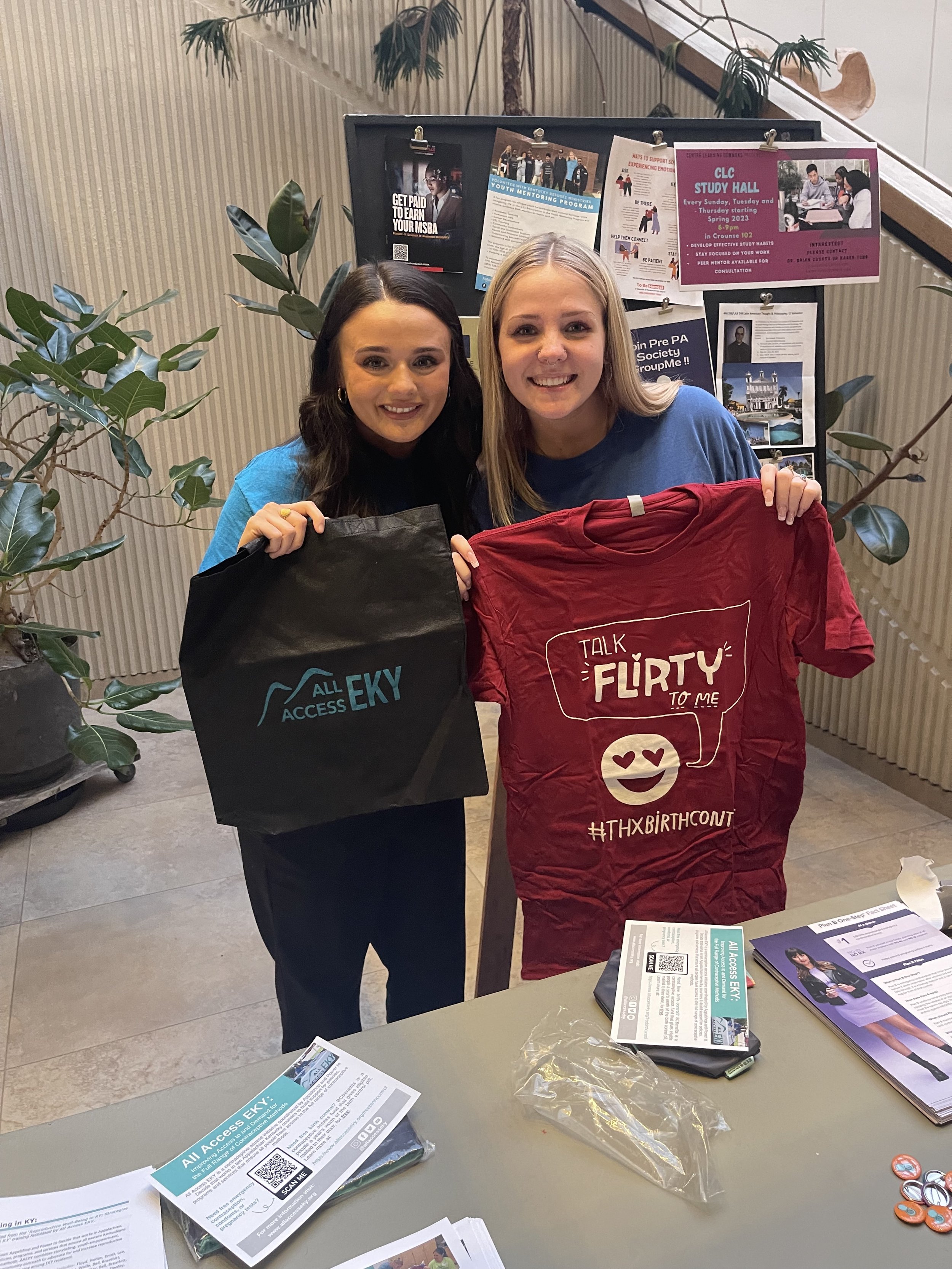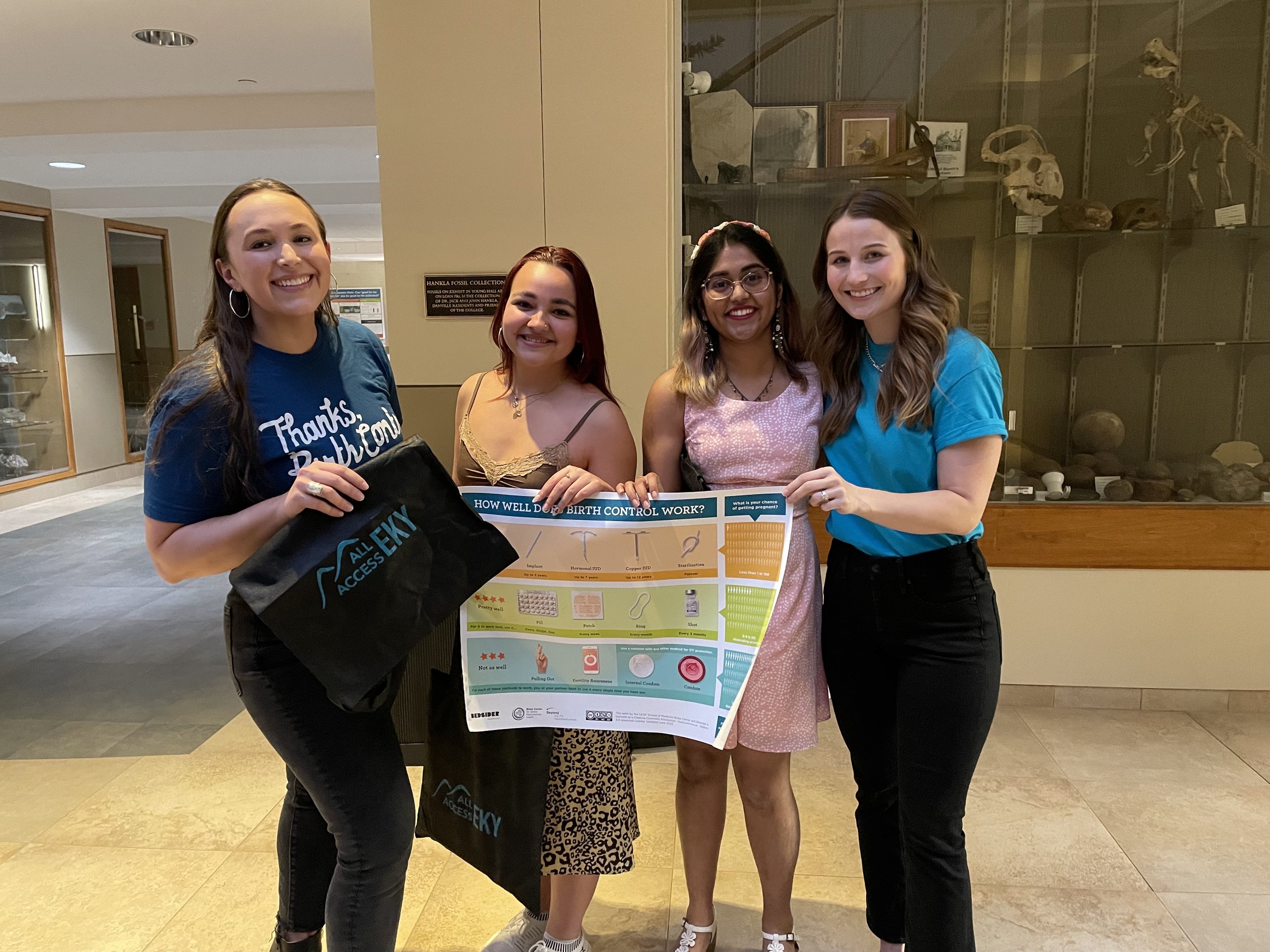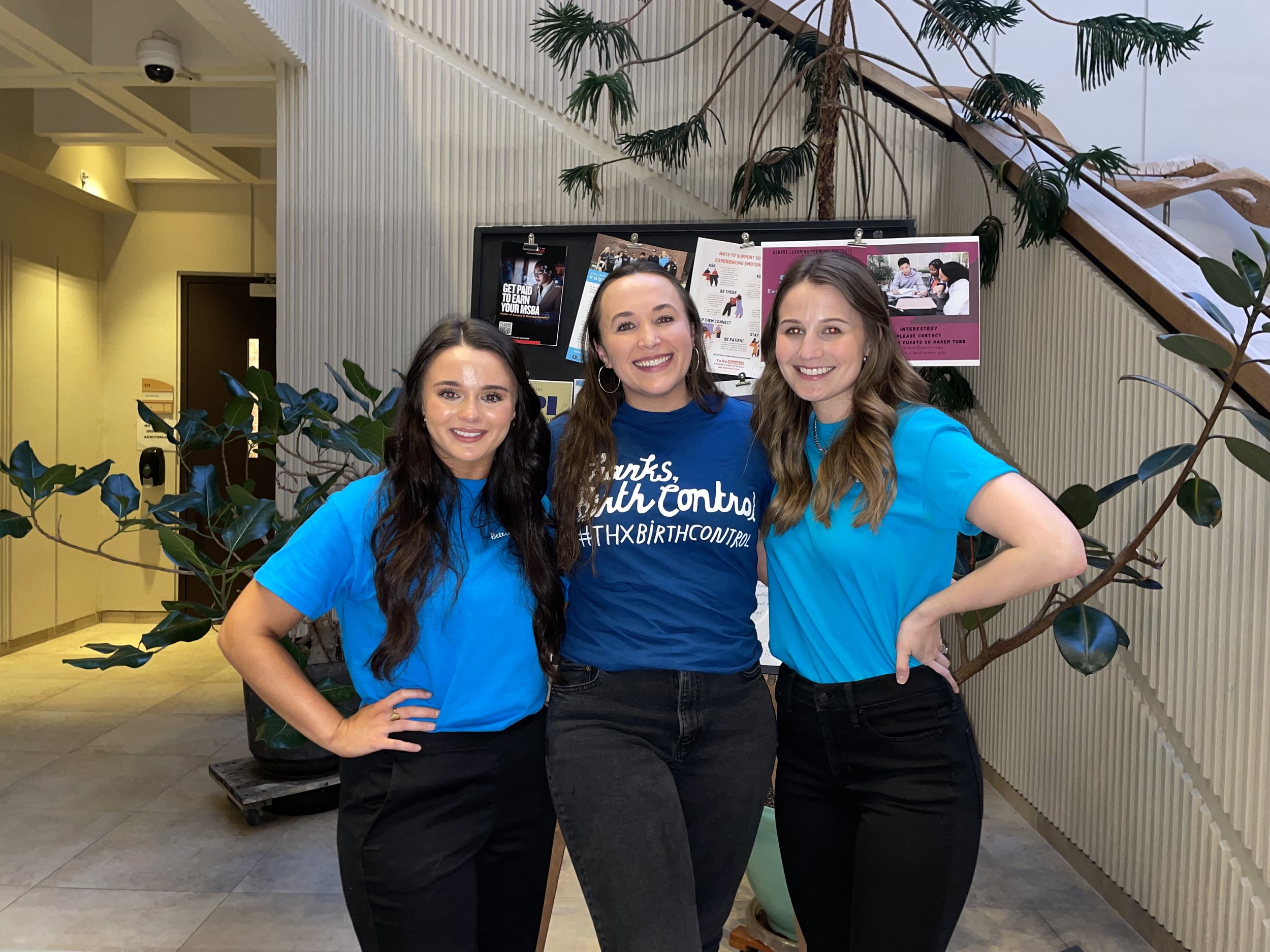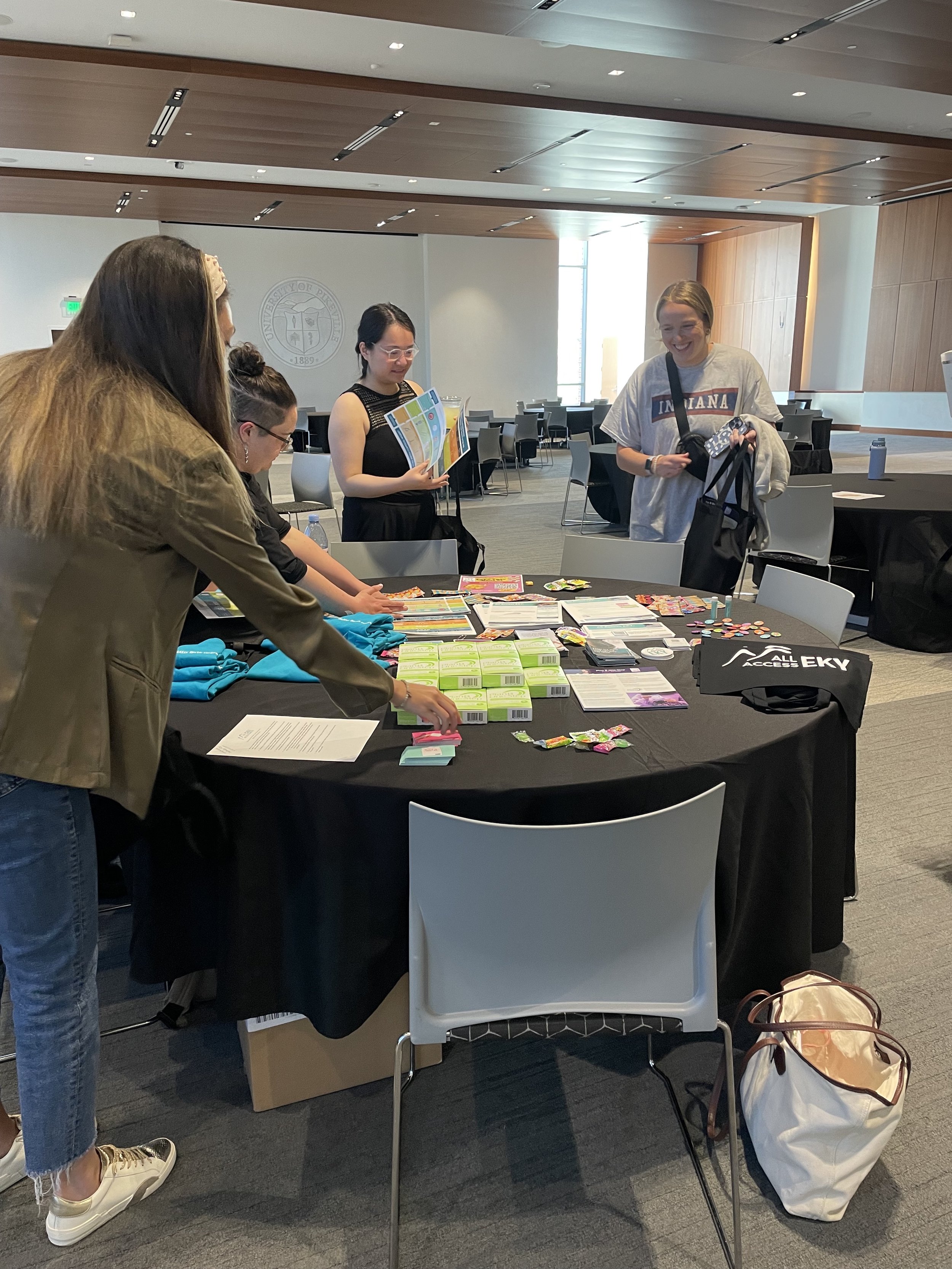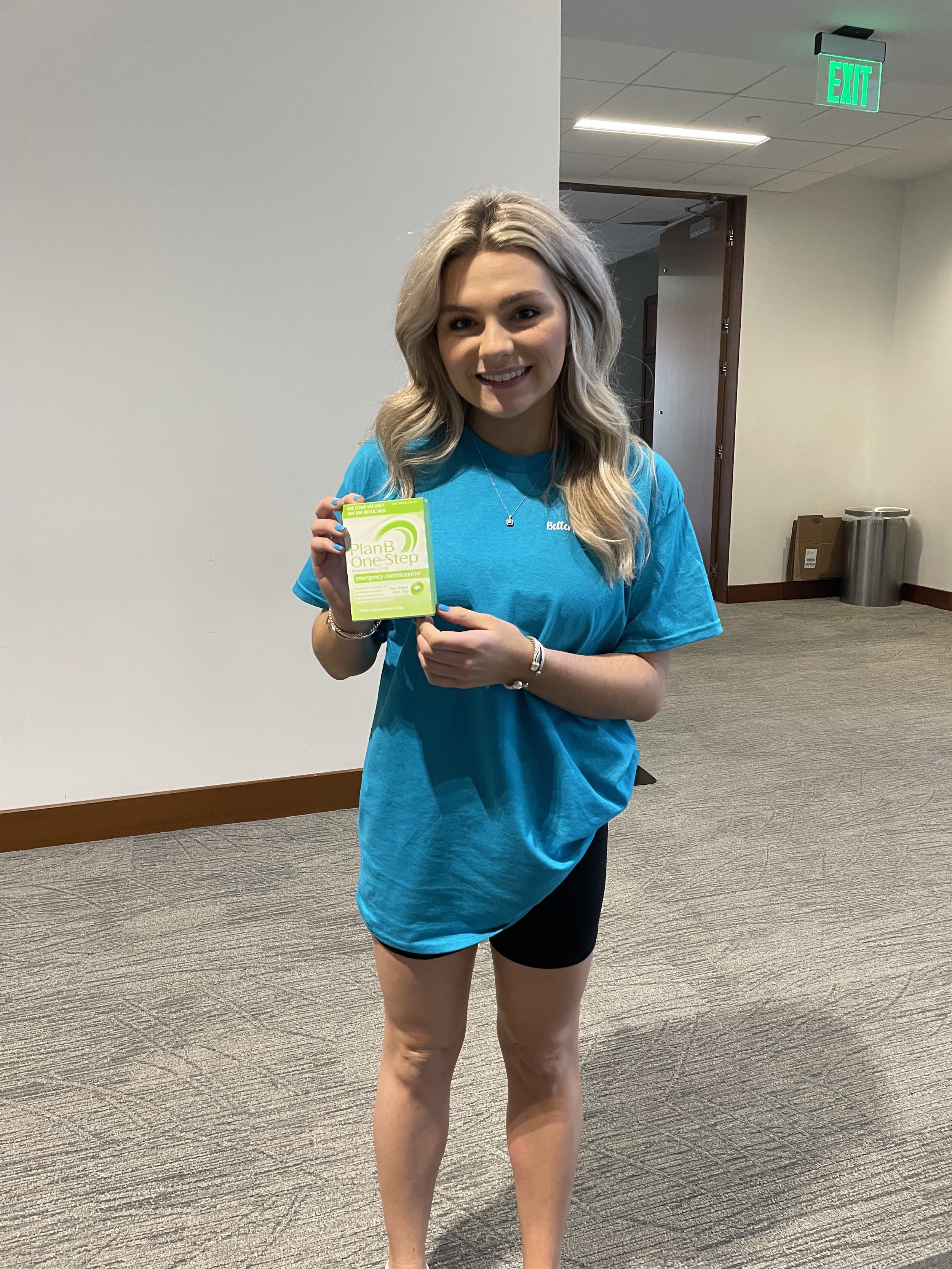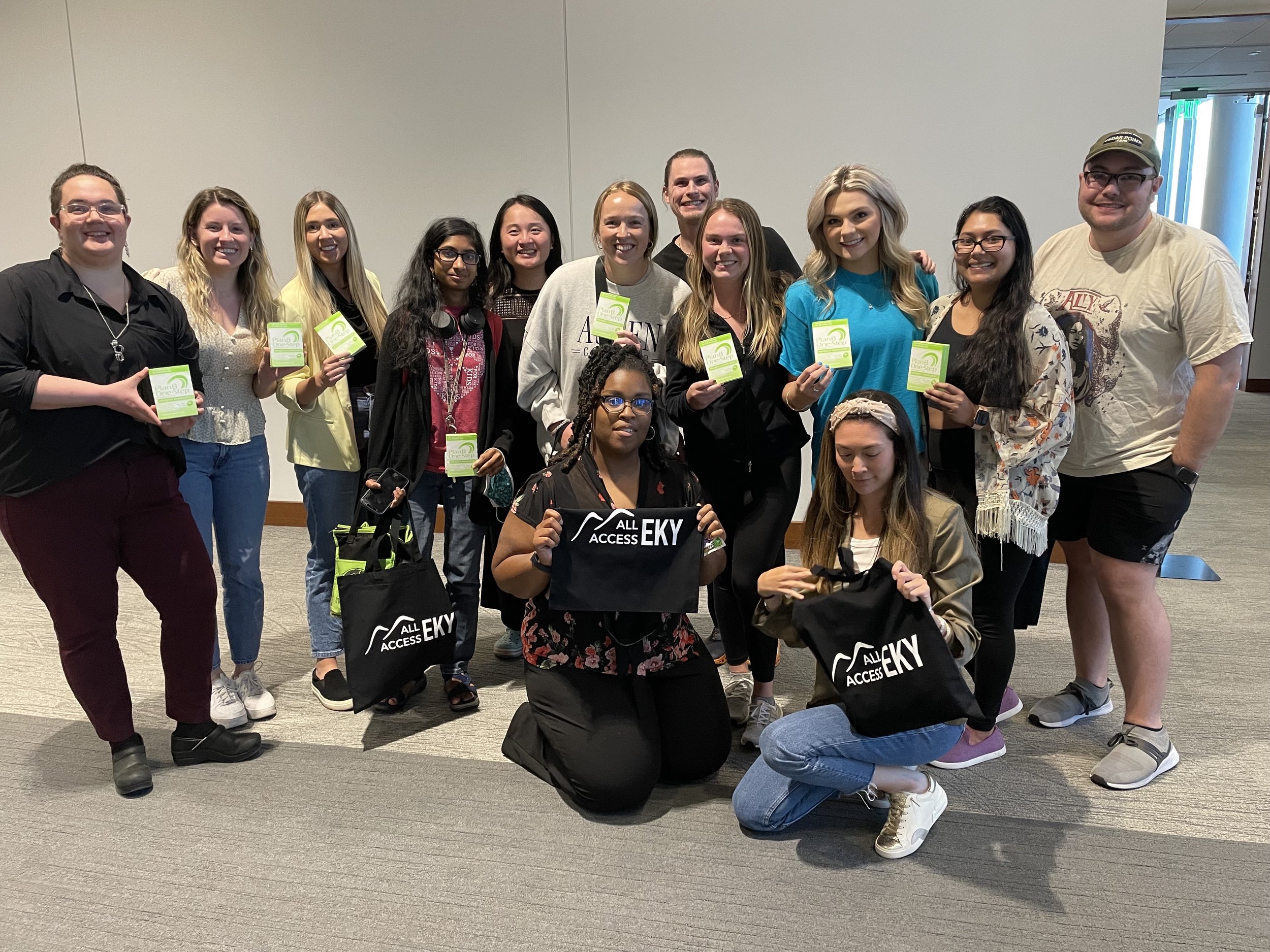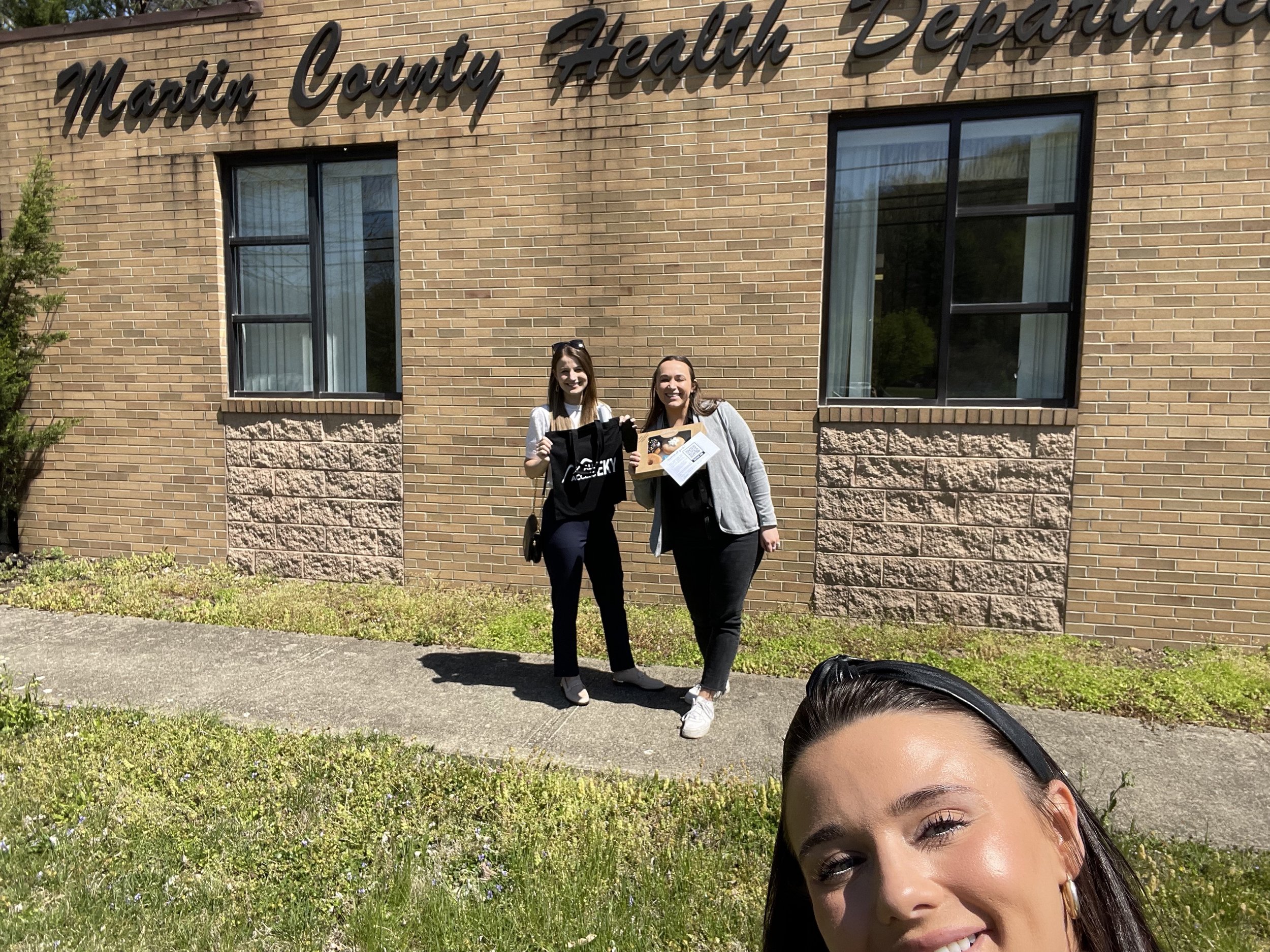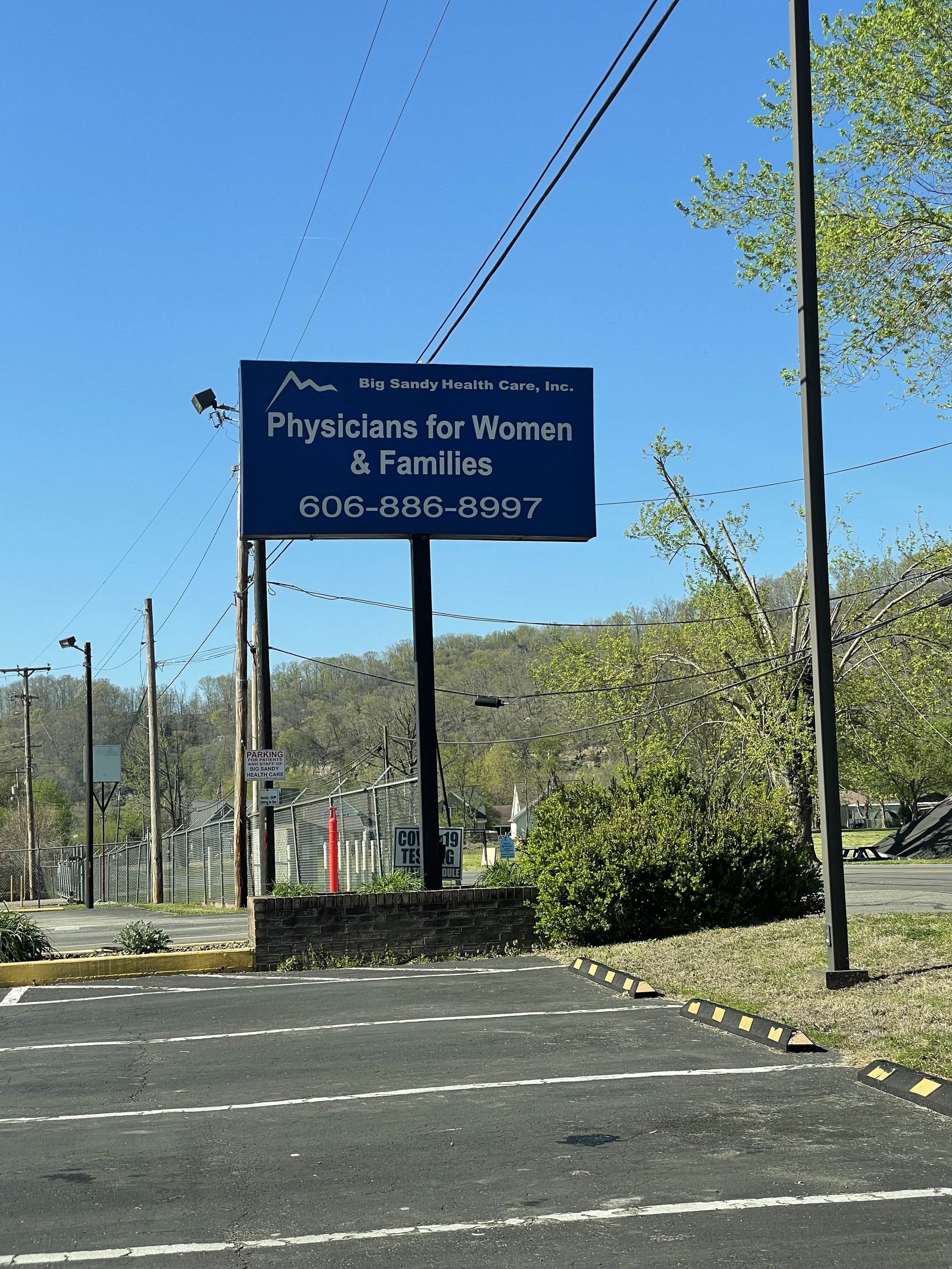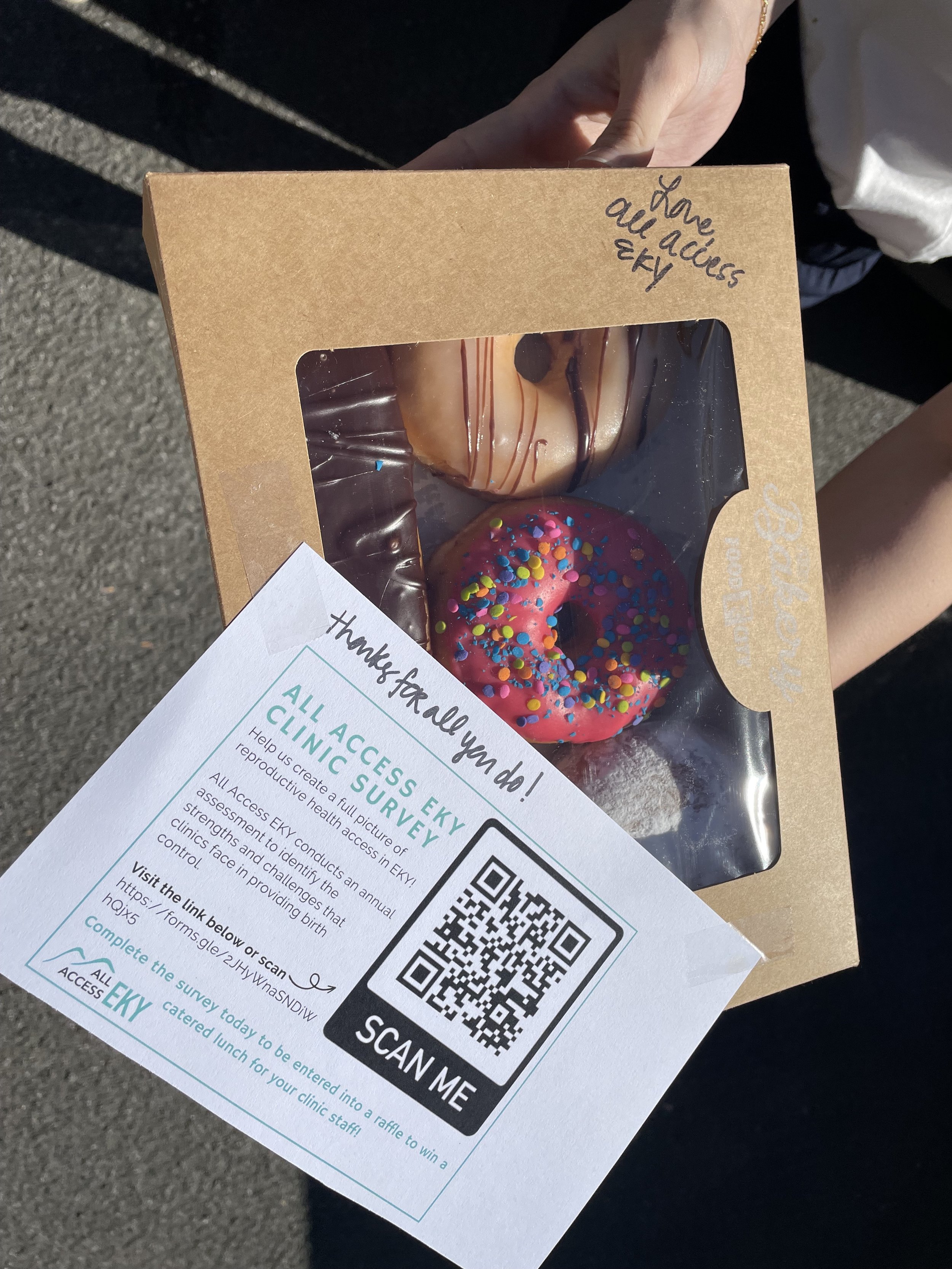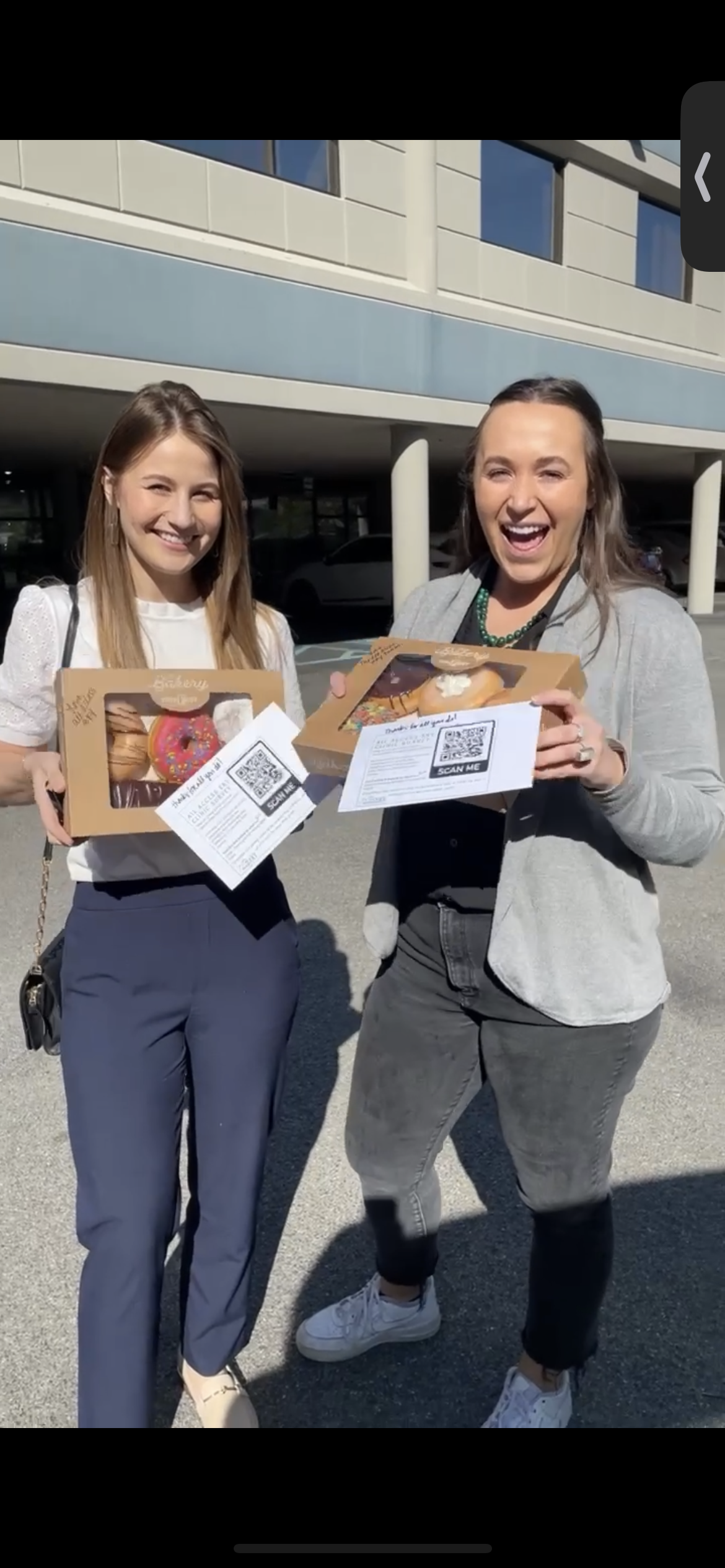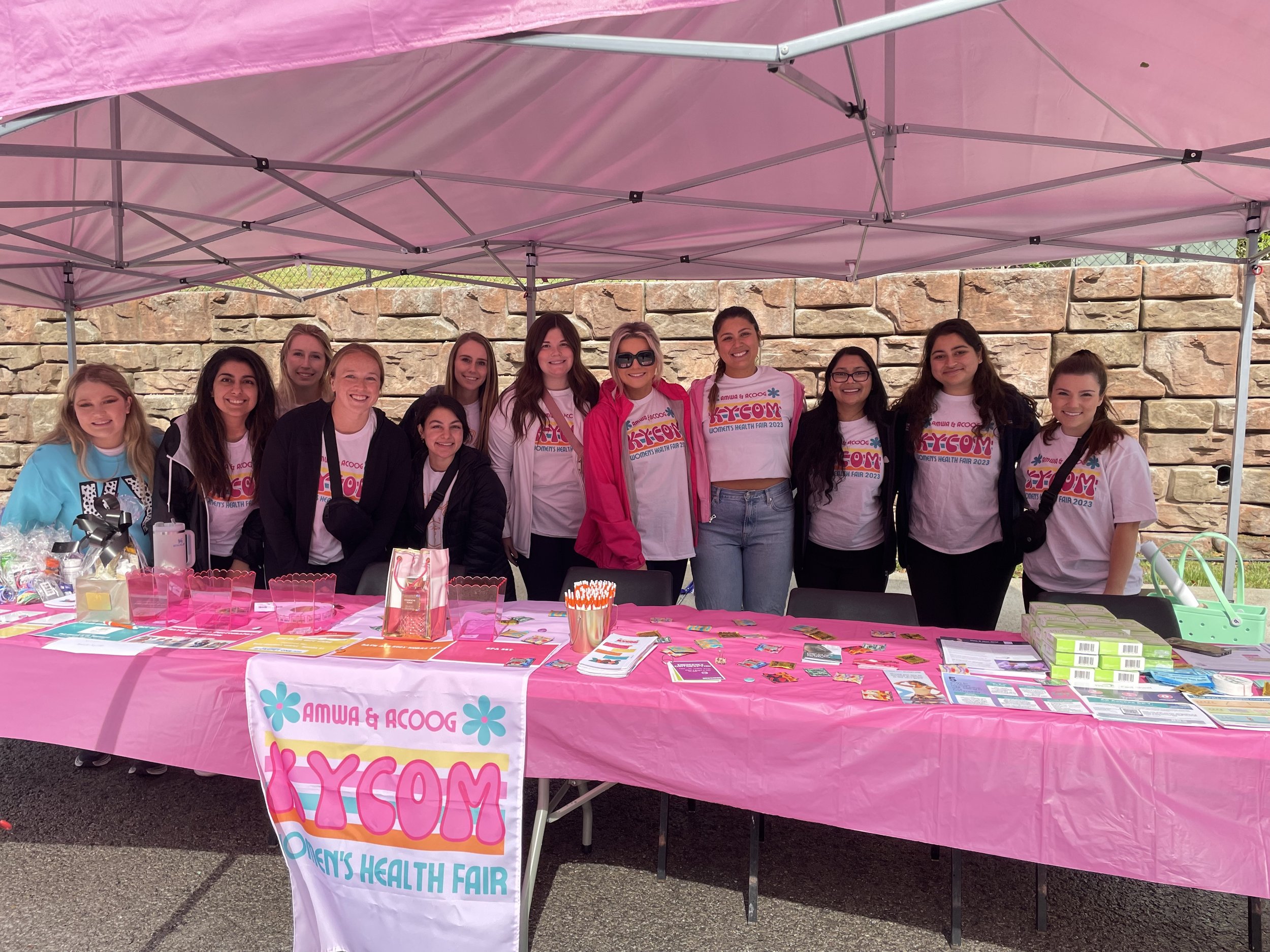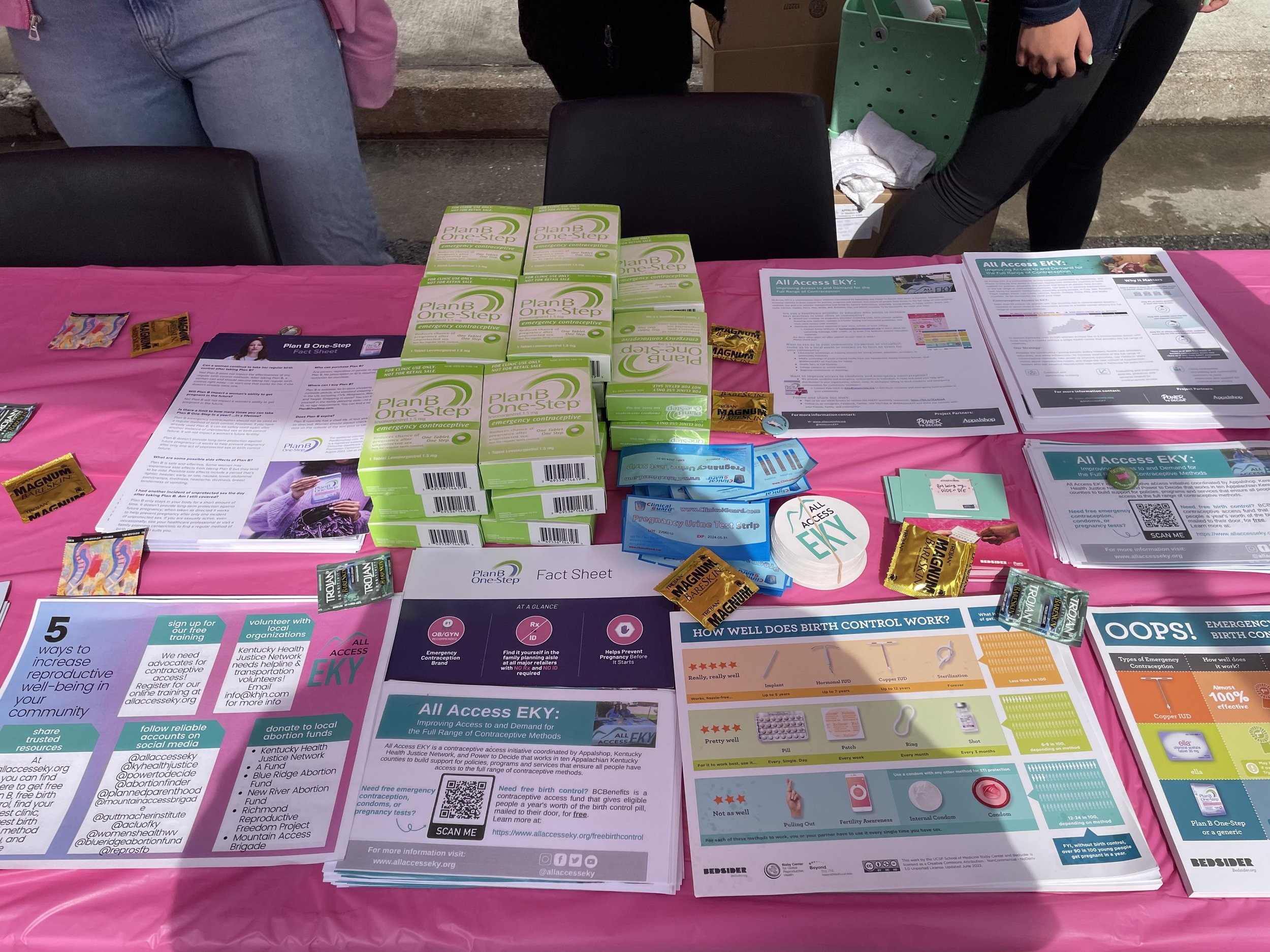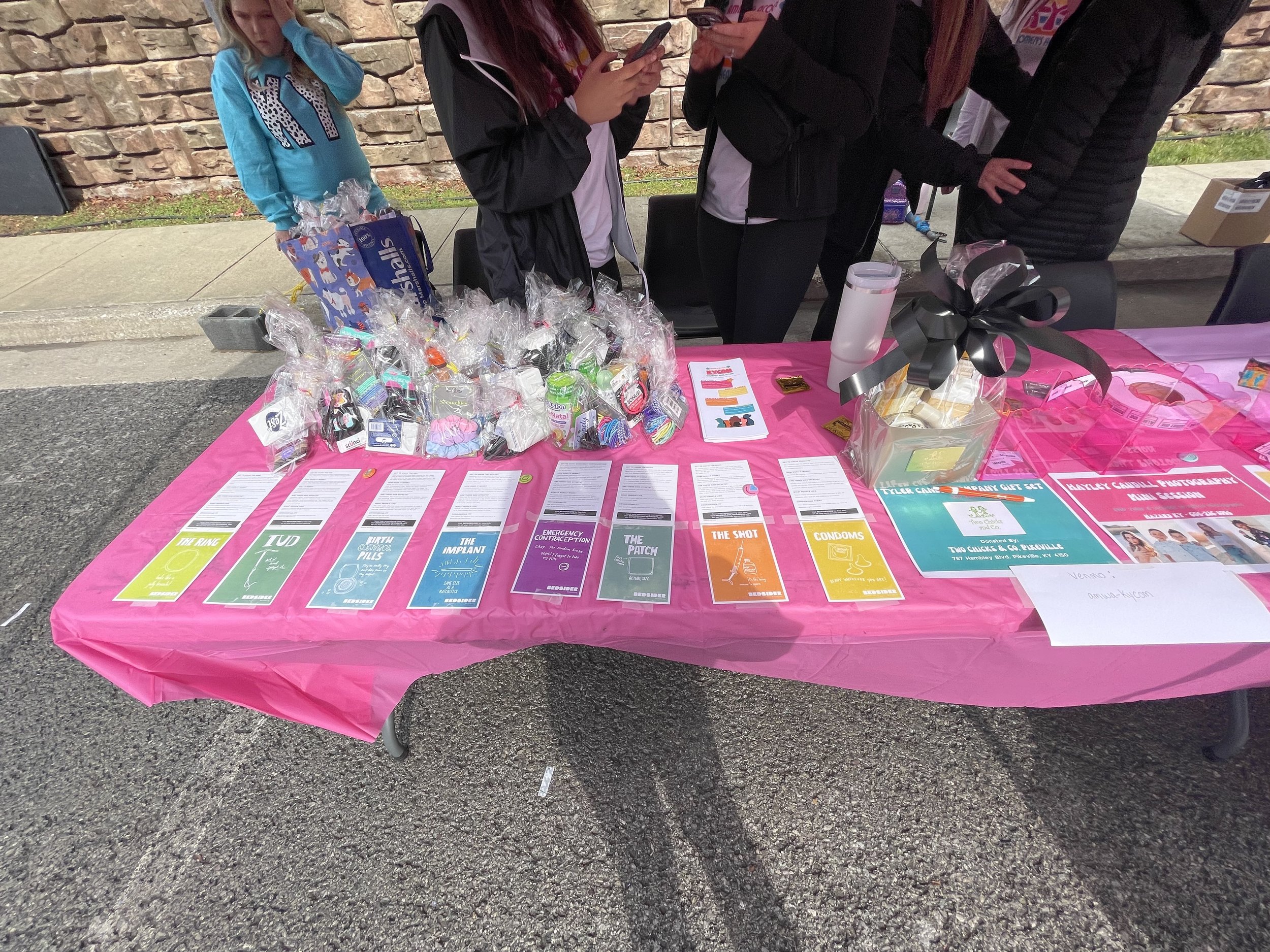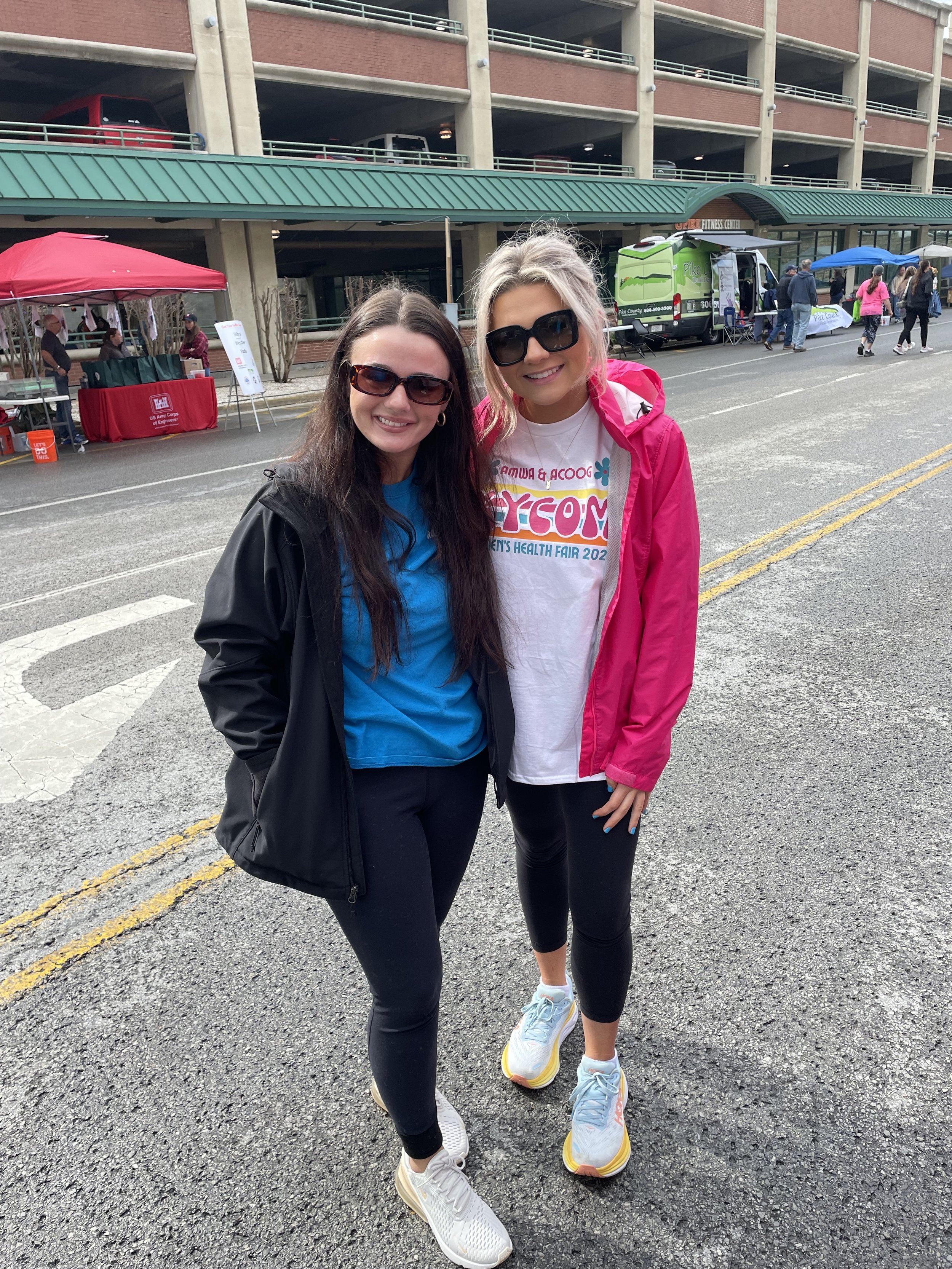March is Endometriosis Awareness Month, and it's the perfect time to talk about a condition that affects 1 in 10 people with ovaries, yet doesn’t get nearly enough attention: endometriosis. It’s something that can be really tough to live with, and we want to help spread the word, especially here in Eastern Kentucky, where healthcare access can be a challenge.
What is Endometriosis?
Endometriosis is when tissue, similar to the lining inside your uterus, grows outside the uterus. This tissue can grow on your ovaries, fallopian tubes, or other parts of your pelvic area. Each month, just like the uterine lining, this tissue responds to hormonal changes by thickening and shedding—but unlike the tissue inside your uterus, it has nowhere to go. This can cause pain, inflammation, and even scar tissue.
Common Symptoms of Endometriosis
Pelvic pain – This often gets mistaken for regular menstrual cramps but can be much more intense.
Heavy periods or bleeding between periods.
Pain during sex or pelvic discomfort.
Painful urination or bowel movements during menstruation.
Infertility – Endometriosis is a leading cause of infertility for people with ovaries.
What to Do if You Think You Have Endometriosis
Track your symptoms – Keeping a journal of your pain and symptoms can help your doctor understand what’s going on.
Speak up for yourself – Don’t be afraid to bring up your concerns with your healthcare provider. If they’re not familiar with endometriosis, consider getting a second opinion.
Know your treatment options – There are several treatments for endometriosis, from hormone therapies to surgery. It’s important to understand your options and work with a provider you trust.
Reach out for support – Whether it’s connecting with online communities or local groups, talking with others who understand can be incredibly helpful. You don’t have to go through this alone.
Advocate for better access to care – Together, we can work to make reproductive healthcare more accessible for everyone in Kentucky, especially those in rural areas.
Endometriosis is a tough condition to live with, but the more we talk about it, the easier it is to find the help and support we all need. Whether you’ve been dealing with it for years or think you might have it, remember that you're not alone. Let's use Endometriosis Awareness Month to break the silence, raise awareness, and make sure that everyone has the resources they need to take care of themselves.









